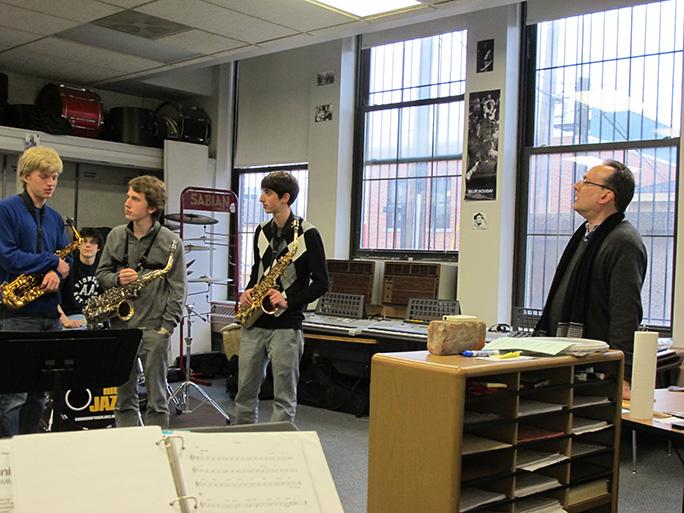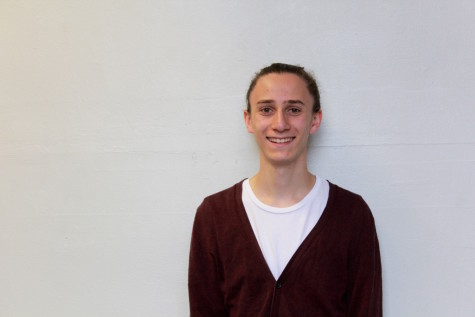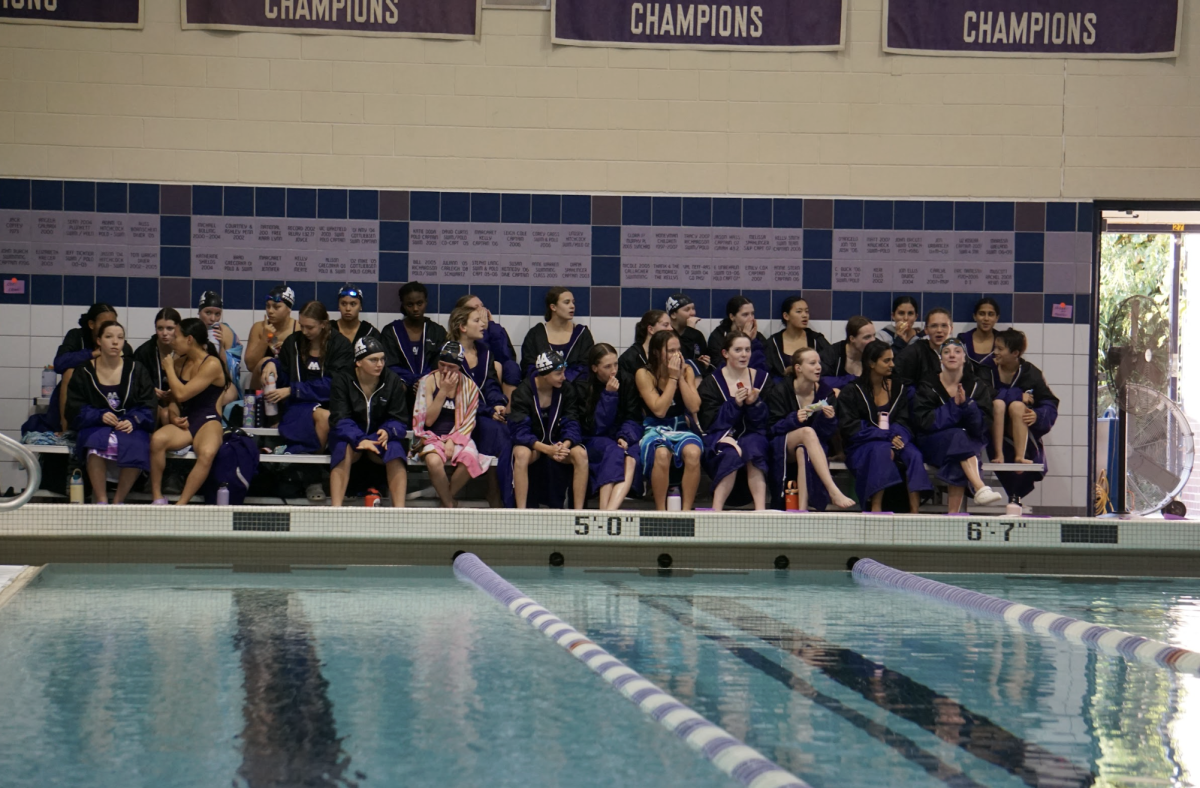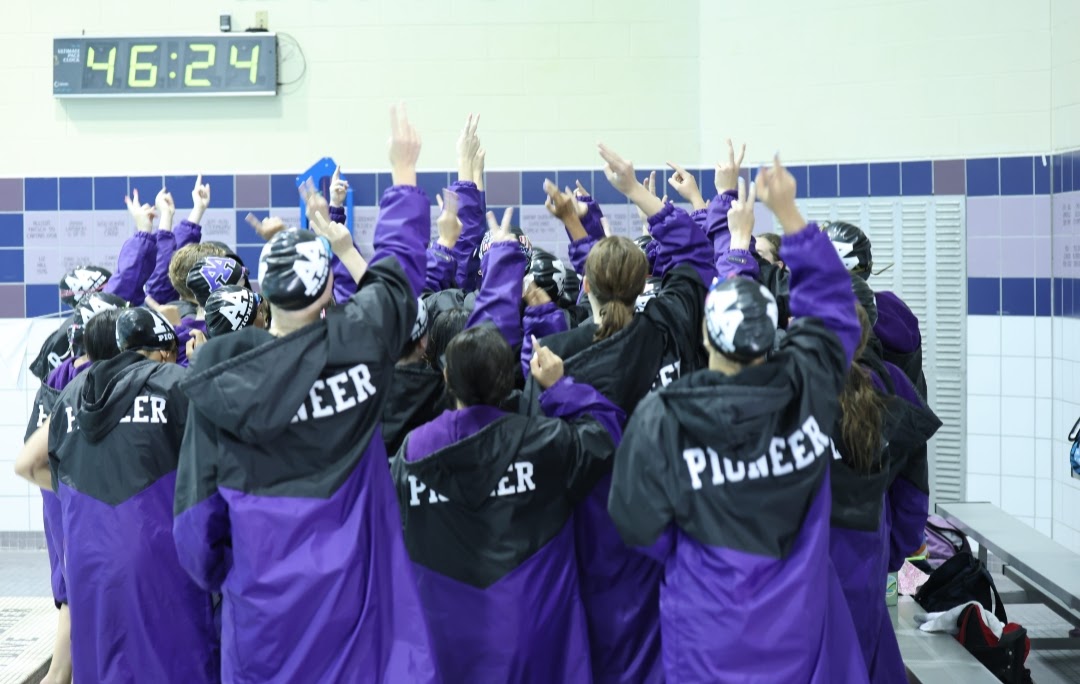An Afternoon With Michael Weiss
Michael Weiss gives advice to CHS students.
April 8, 2014
On a Friday afternoon, the last day of school before spring break, the CHS jazz room was unusually filled with students. School was already out, but the students in Community’s jazz program were staying behind for a master class with jazz pianist Michael Weiss, who is currently the pianist in the Village Vanguard Orchestra. This was Weiss’s second time coming to CHS for a master class, the first time being in the fall.
It may seem unlikely for students to have wanted to stay behind after school when they could be out enjoying the fresh air of spring, but the master classes graciously set up by Jazz Wagner mean a lot to students in Community’s jazz program.
“I think the person leading the master class gives [our] bands another way to look at their songs, a helpful way, and they improve our playing,” Junior Mitesh Patel said. Patel really enjoys the energy that has been brought in past master classes and loves getting the opportunity to “see what the professionals are doing and see how you can play like a real professional.”
Sophomore Aidan Cotner appreciates the master classes for their ability to leave a lasting impression on the future musicians CHS is cultivating. “I think hearing a tip from a real jazz master really helps with us getting it through our skulls, like, ‘This is the thing to do.’” Michael Weiss certainly did just that, as he walked through a jazz standard with the jazz III class, taking the students through every chord change, showing the students what would be expected from a professional musician.
Once more people had arrived, the master class took on a more relaxed, jam session-feel. Weiss had the students play two tunes, “Tenor Madness” and “Oleo.” Both standards swung hard and fast, and Weiss worked hard to emphasize the benefits of concentration while playing at a swift pace.
“If you don’t have the melodic resourcefulness… the most important thing is to play the tempo. Rhythm is more important than notes, if the rhythm section drops out, every person on the dance floor doesn’t miss a beat.” Weiss went on to explain to the students how they could show more focus and maturity, and thus develop more coherent solos.
“I think if you were fully engaged in the chorus leading up to your solo, hearing where the time was, by the time you started, you’d be on track… don’t figure out four or eight bars later that you were lost… try and concentrate hard enough so that as soon as you find yourself disconnected you go ‘oh wait.’” Said Weiss in a calm demeanor, speaking softly so as to stress the importance of not losing your place.
The criticism may have seemed for professional-tier players, but Weiss made a plethora of exceptional points, ones that can be applied practically by any student wishing to become a professional musician.
“Take [this] stuff really seriously, because you don’t want to be lost when you’re playing in front of other people that are paying to hear you, so [you’ve] gotta develop [your] power of concentration.”










